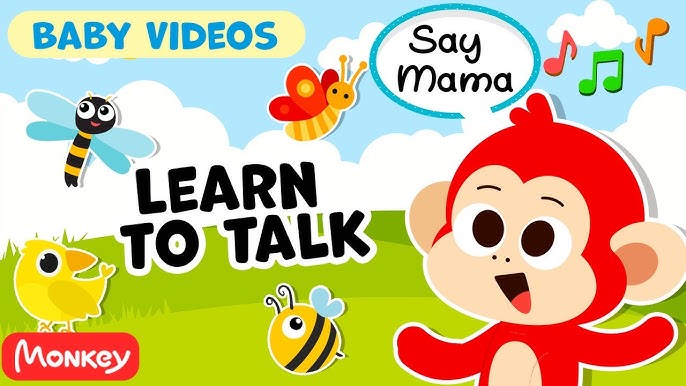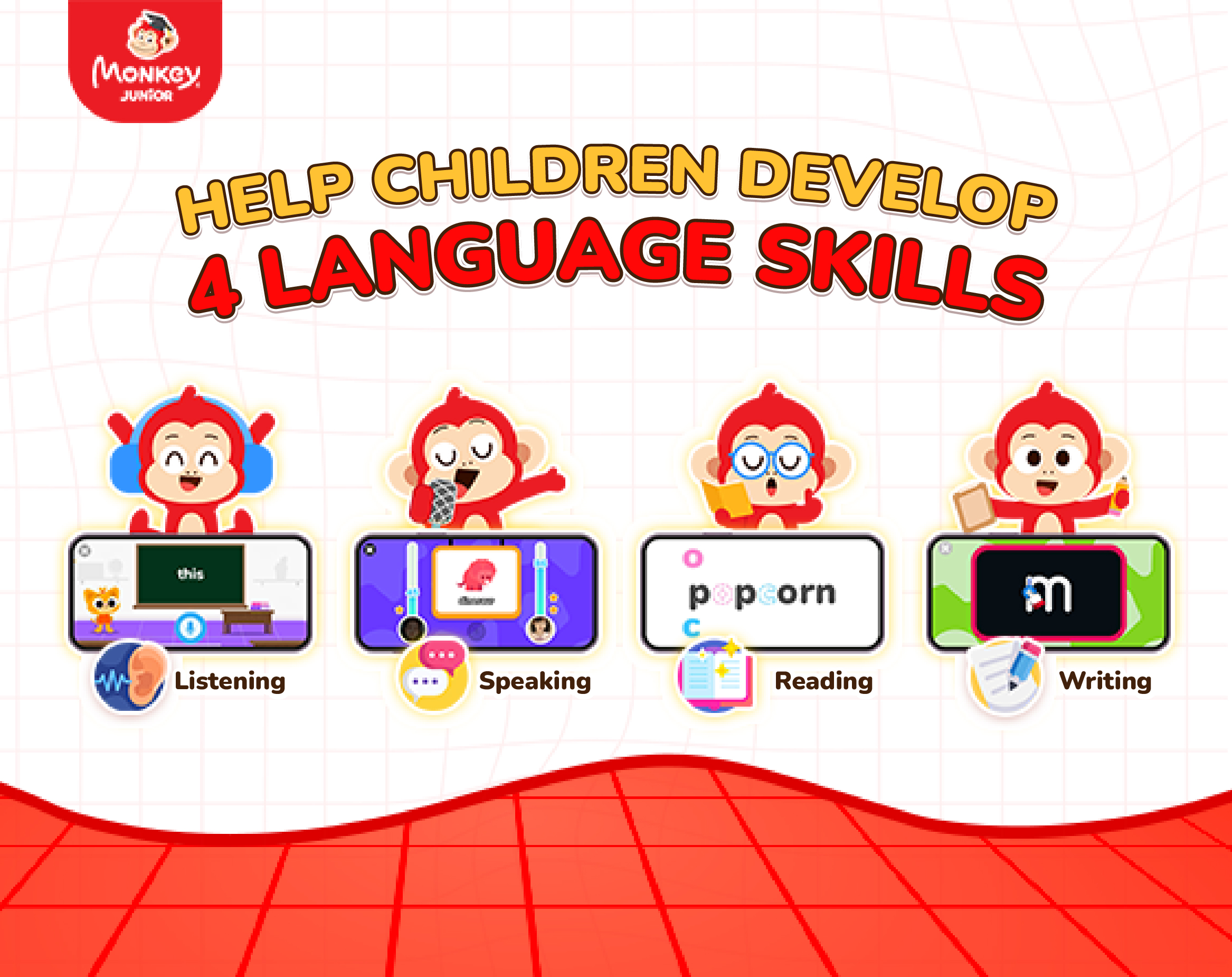Listening is one of the most important skills for children learning English. Even if kids know words and grammar, understanding spoken English in real conversations can be challenging. Knowing how to practice English listening in a fun, interactive way helps children recognize sounds, understand meaning, and gradually speak with confidence.
Why Kids Should Practice English Listening
Listening is the first step to speaking English confidently. Here’s why it’s important for children:
-
Understand English better: Kids recognize words and sounds faster when they hear them daily.
-
Speak more clearly: Listening helps children copy pronunciation, tone, and rhythm naturally.
-
Boost confidence: When children understand English, they feel excited to talk, sing, and share ideas in English.
Tip for parents: Encourage children to listen daily for short, fun sessions. Even 10–15 minutes can make a big difference!

Create Daily Listening and Speaking Routines
Consistency is key when children learn English. Short, regular sessions are more effective than long, infrequent ones. Even 15 minutes a day can make a big difference. As children grow, these sessions can be extended to match their attention span.
Parents can create a comfortable routine by doing the same activities at the same time every day. For example, reading a story together before bedtime, singing a song after school, or playing a quick English game. Setting up a small “English corner” at home with books, flashcards, or apps like Monkey Junior also makes practice easier and more engaging. Repeating words and phrases daily helps children remember them and gradually gain confidence.
Play Games to Improve Listening
Games are a natural way for children to learn. They make it fun to practice how to practice English listening while encouraging attention and quick responses.
Action games like Simon Says or Charades, board games with English instructions, and vocabulary games such as I Spy or Hangman are all effective. Online interactive games also provide engaging listening practice.
Monkey Junior turns listening into a playful experience with levels, characters, and interactive exercises, keeping children motivated while developing their listening skills.

Use Everyday Situations for Practice
Daily activities are full of opportunities to practice English naturally. Parents can use objects and situations around the home to teach words and sentences in context.
For example, talk about clothes while dressing: “Let’s put on your red socks.” Discuss toys when tidying up: “Where is the blue car?” Use cooking or grocery trips to introduce food vocabulary: “Can you find the apples?” Integrating English into familiar routines helps children remember words and expressions naturally.
Read Stories Together
Children love colorful books with engaging pictures. Reading aloud allows them to hear proper pronunciation, tone, and natural rhythm. Parents can point to objects in the pictures and ask questions like “Where’s the cat?” and encourage children to repeat words or phrases.
Monkey Junior includes interactive read-aloud stories with native pronunciation, allowing children to listen, repeat, and learn in a fun and engaging way.
Sing English Songs
Songs are a powerful tool to develop listening skills and learn new vocabulary. Simple songs with actions or gestures are particularly effective for young children, as they can follow along even if they don’t yet know all the words.
Parents can sing together with their children, encourage gestures that illustrate meaning, and repeat lines to reinforce vocabulary and pronunciation. Singing regularly helps children develop both listening and speaking skills naturally.

Introduce Grammar Through Listening
For young children, explicit grammar lessons are not necessary. Listening to English in context helps them acquire grammar naturally. For instance, they can hear “have got” when describing appearance or “must/must not” for school rules. Hearing these structures repeatedly allows children to use them correctly without formal lessons.
Focus on Topics Children Enjoy
Children learn best when listening to subjects they are interested in. Sports, music, animals, and cartoons can make English listening practice fun and motivating. Watching videos or listening to songs about favorite topics helps children pick up vocabulary, sentence patterns, and common expressions naturally.
Choose Age-Appropriate Listening Materials
Selecting suitable content is critical for how to practice English listening. Too difficult materials may frustrate children, while too easy ones may bore them.
Start with simple conversations, greetings, and daily routines. Gradually progress to longer stories, songs, or shows with moderate speed and fewer subtitles. Step-by-step progression ensures children understand, enjoy, and improve steadily.
Watch Movies or Shows for Listening Practice
Watching English movies and shows exposes children to natural conversation, rhythm, and vocabulary. Cartoons and age-appropriate series are perfect for beginners, while older children can try shows with English subtitles first, gradually reducing their reliance on them. Repetition of key phrases encourages active listening and helps children respond naturally.

Practice Listening with Monkey Junior
For parents unsure how to start, Monkey Junior is an ideal solution. Designed for children aged 0 - 11, it teaches English through songs, conversations, and interactive stories with native pronunciation.
Children can listen to thousands of recordings in American and British English, practice at their own level, and receive feedback from M-Speak technology that evaluates pronunciation and highlights areas for improvement. The app also uses passive listening through songs and audio clips, letting children absorb English without pressure.
Monkey Junior combines structured lessons, colorful visuals, games, and native voices, making listening practice effective, fun, and confidence-building.

Conclusion
Learning how to practice English listening at home is essential for children to develop language skills and confidence. By using daily routines, games, stories, songs, and interactive apps like Monkey Junior, children can enjoy listening, repeat naturally, and gradually speak English confidently. Short, engaging, and consistent listening sessions help children internalize vocabulary, sentence structures, and pronunciation, providing a strong foundation for future learning and real-life communication.




.png)





